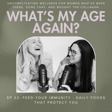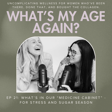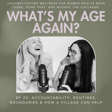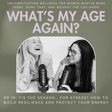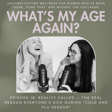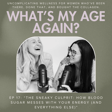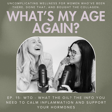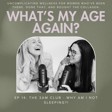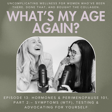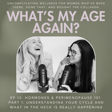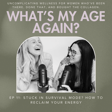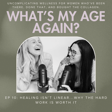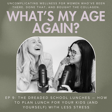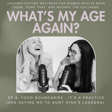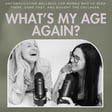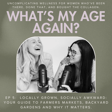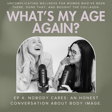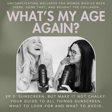
Episode 16: Wait…Why is My Cholesterol High? Cholesterol Chaos & The Perimenopause Connection
You’re eating well, moving your body, and doing all the right things…so why is your cholesterol going up? You’re not alone!
Between ages 45–64, 77% of women experience elevated cholesterol, and it’s not just about diet. Hormones, liver health, and estrogen decline play a huge role.
In this episode, we break down how shifting hormones impact LDL and HDL, why liver health matters more than ever, and what you can do to naturally support healthy cholesterol through food, movement, and lifestyle.
✨ The good news? With the right support, you can bring your cholesterol, and your hormones, back into balance.
Cholesterol Supportive Foods (foods that help lower LDL and support HDL): Almonds, Apples, Bananas, Cold water fish (trout and salmon), Carrots, Dried legumes (and then soaked and cooked), Garlic, Grapefruit, Oats, Extra virgin olive oil, Walnuts, Strawberries, Brown rice, Soy beans (tofu and tempeh!!!), Fresh pressed juices of carrot, celery and beet. Carrot helps to flush out fat and bile from the liver, Cayenne pepper
Liver Supportive Foods (foods that support the liver and detoxification): Fresh Garlic, Cruciferous Veggies, Beets, Bitter Greens (dandelion greens), Berries, Spirulina, Fresh Herbs like oregano, parsley, sage and basil), Lemons
Estrogen Supportive Foods: Ground Flax Seed, Soy (tofu, tempeh, miso, edamame) - remember to purchase organic, Sesame Seeds, Sunflower Seeds, Strawberries, Blackberries, Cruciferous Veggies (cabbage, kale, broccoli), Broccoli Microgreens (powerhouse food)
Where to find us:
IG @whatsmyageagain.podcast or email us at: wmaapod@gmail.com
Where to find Tanya:
IG @tlcholistic / FB @tlcholistic
Book with Tanya: https://tlcholistic.janeapp.com/locations/tlc-holistic
Join the TLC Community: https://www.patreon.com/tlcholistic
Where to find Kim:
IG @kimdesmarais.nutrition /FB @KimDesmarais
Book with Kim: Complimentary Connect Call
